Survivors of London nail bombings 'want to forget' horrific attack but live with memories 25 years on
Survivors of London's nail bombings in 1999 still live with the memories of the horrific attacks 25 years on. At 6.37pm on April 30, a bomb exploded inside the Admiral Duncan pub on Soho's Old Compton Street, tearing through the popular Soho bar, killing three and injuring at least 70 people.
Those who died would be later named as John Light, 32, Nick Moore, 31, and Andrea Dykes, 27, who was pregnant at the time. David Copeland, who had carried out attacks on Black and Asian communities in Brixton and Brick Lane earlier in the month, was arrested and sentenced to six life sentences for the heinous attacks.
Over three weekends, Copeland targeted Brixton's Black community, Brick Lane's Bangladeshi community and Soho's LGBT community. Tragically his last attack would prove the deadliest and claim three young lives as well as the life of a child who was yet to be born. As the 25th anniversary of the attacks draw near, MyLondon spoke to survivors and community members about that horrific day.
READ MORE: Savile Row office block plans voted down because councillors claim it's not sustainable enough
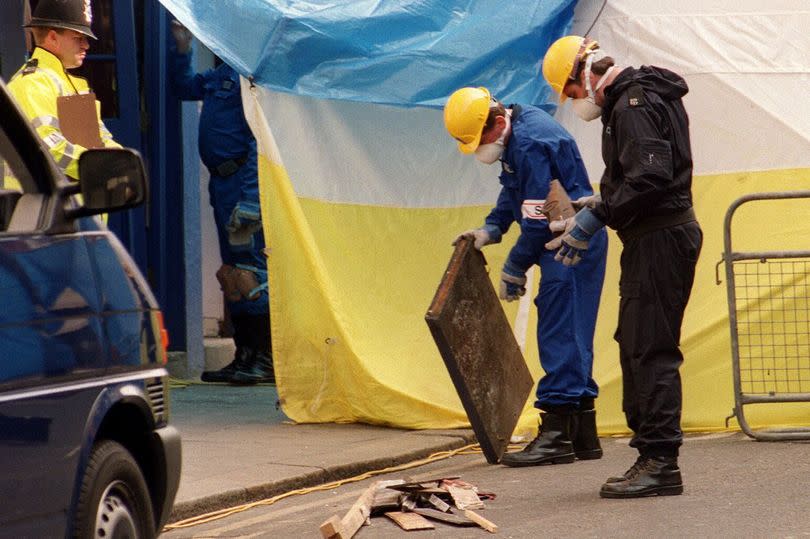
‘INCREDIBLE SENSE OF DOOM’
Westminster City councillor Patrick Lilley, 64, ran a gay nightclub in Brixton and worked in Brick Lane at the time. He recalls hearing about the bombing through the radio.
He said: “I had an incredible sense of doom because this heavy dark wave of hate had washed up where I ran my club and where I worked. I noticed being surrounded by this awful situation of terrorist incidents coming closer and closer.”
The West End ward councillor said he was in “total shock” and immediately began to cry. He said the attack felt “very personal”, saying: “Like so many people who have been bullied in their lives, you have a pretty sensitive heart for these sorts of incidents… So many LGBTQ+ people have experienced that.”
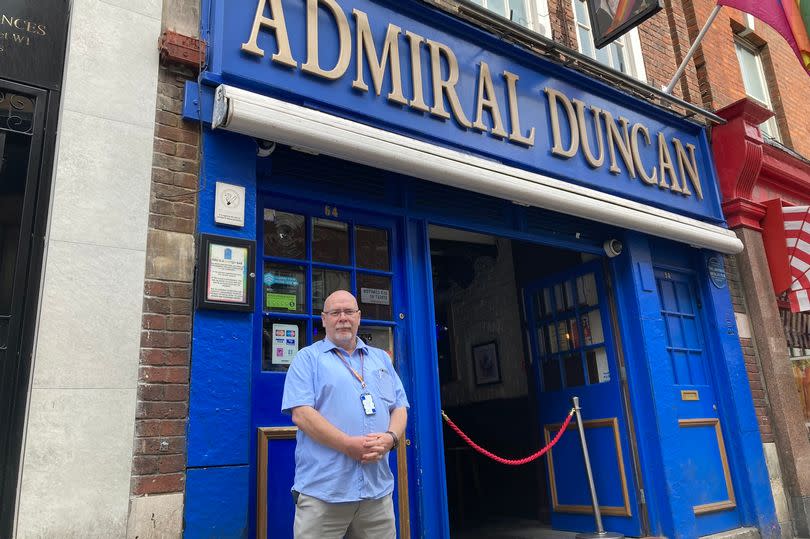
He said the attack took place at a time when the gay scene in Soho was thriving. To this day, Patrick still wonders what had been running through Copeland’s head.
Patrick said the bombing only encouraged him to campaign harder for LGBTQ+ rights and was partly behind his decision to go into politics. He is now the LGBTQ+ champion for Westminster City Council.
Patrick said: “It made me the queen I am today and it certainly did instill a sense of duty to help others who have been victims of prejudice.”
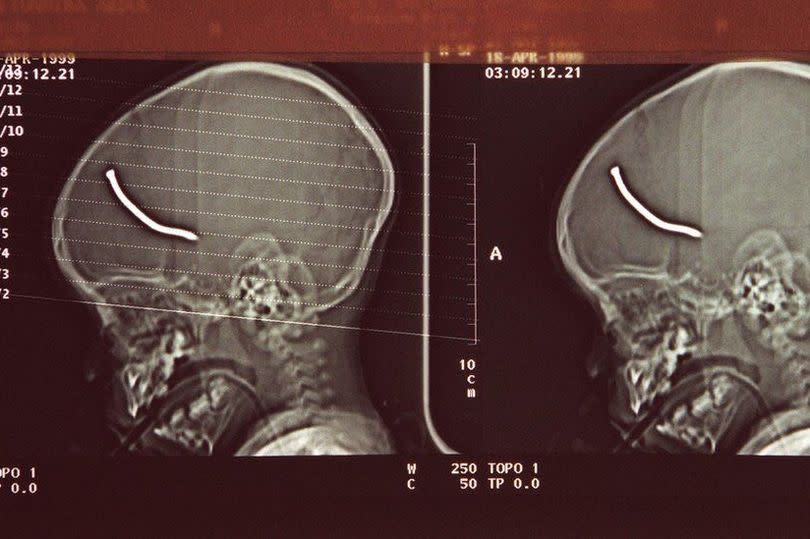
Survivor Mark Tullett was standing at the back of the bar when the bomb exploded. In his book Berwick Street to Barcelona, Mark described thinking a lightbulb had popped and following his partner Tony out of the pub.
The couple would eventually marry and move to Spain in 2004. Tony died of cancer eight years ago. Mark told the MyLondon that Tony was “outed” at work as a result of the bombing.
In his book, the 63-year-old said Tony showed his boss at the Ministry of Defence a newspaper photo of him at the Admiral Duncan to explain why he might be a bit jumpy. His boss asked if a female friend in the photo was his partner.
Tony told him no and said the guy behind was. His boss was said to be a little surprise. Almost 25 years on, Mark says he is “very aware” of packages being left out and says he scopes out of places before entering them “to make sure there are no threats”.
Every anniversary, he calls Kath, the friend who was at the bar with him that evening. He said: “We have a little chat about it but we prefer to forget about it because some of the memories that night were quite horrific, which is why I don’t want to talk about it, because it gives me panic attacks.”
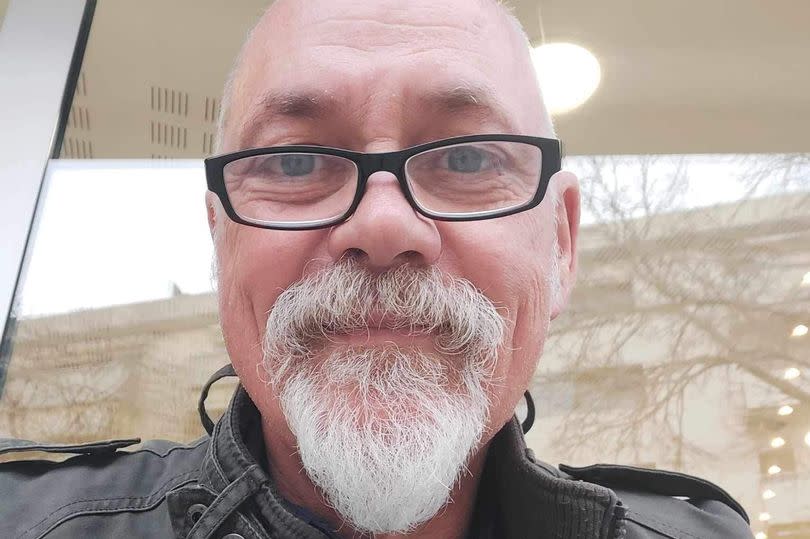
STRONGER IN THE LONG RUN
Mark Healey runs the anti-hate crime charity 17-24-30 National Hate Crime Awareness Week. The charity holds remembrance services for the bombings every year and has the dates of each bombing in its title: Brixton on April 17, Brick Lane on April 25 and the Admiral Duncan on April 30.
The charity, which he created in 2010, will mark the 25th anniversary of the bombings at each site. To remember victims of the Soho attack, he’s arranged a procession from the pub to St Anne’s Gardens.
For Mark, the anniversary is a chance to stand in solidarity with those affected for “as long as is needed”. He mentions meeting three men who were drinking nearby when the bombing exploded and who ran home instead of staying.
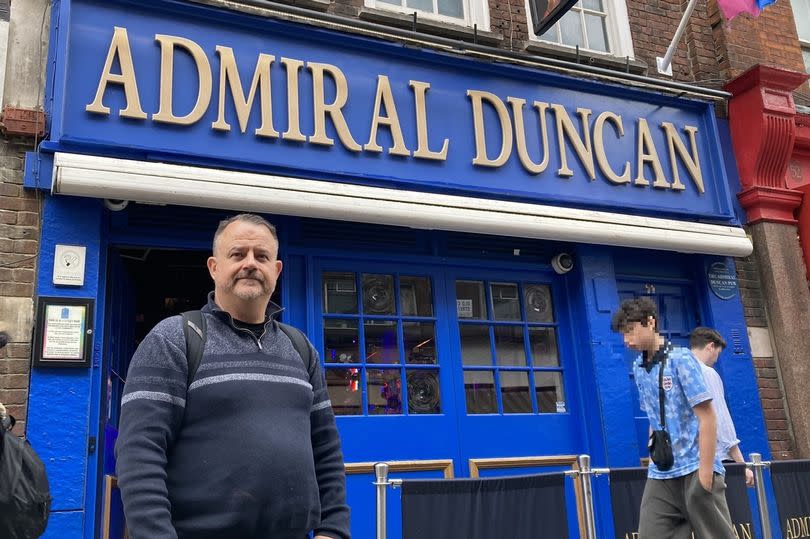
He said: “I would tell them what they did was normal. You were in a fight or flight mode and it’s ok to run away.” As a victim of homophobic attacks himself, Mark says it’s important to use these moments to steer the conversation about hate crimes.
He said: “There is initial shock and horror and outrage but then there’s a desperate need to turn something bad into something good for the community.” He added: “The biggest deterrent [for terrorists] is knowing they will make our community stronger in the long run.”
Copeland’s terror resulted in the deaths of three people and injured 139 more. He was arrested shortly after the bombing and sentenced for six life sentences in 2000 for three counts of murder and three counts of causing explosions in London in order to endanger life.
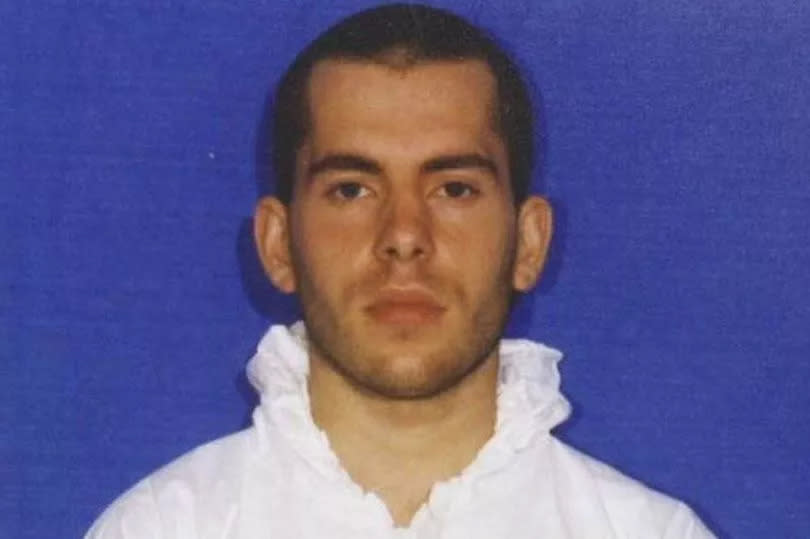
Copeland would go on to admit the killings. When police raided Copeland’s home, they found a Nazi flag hanging on his bedroom wall along with clippings of the newspaper coverage of his attacks, according to the BBC.
Want more from MyLondon? Sign up to our daily newsletters for all the latest and greatest from across London here.

 Yahoo News
Yahoo News 
